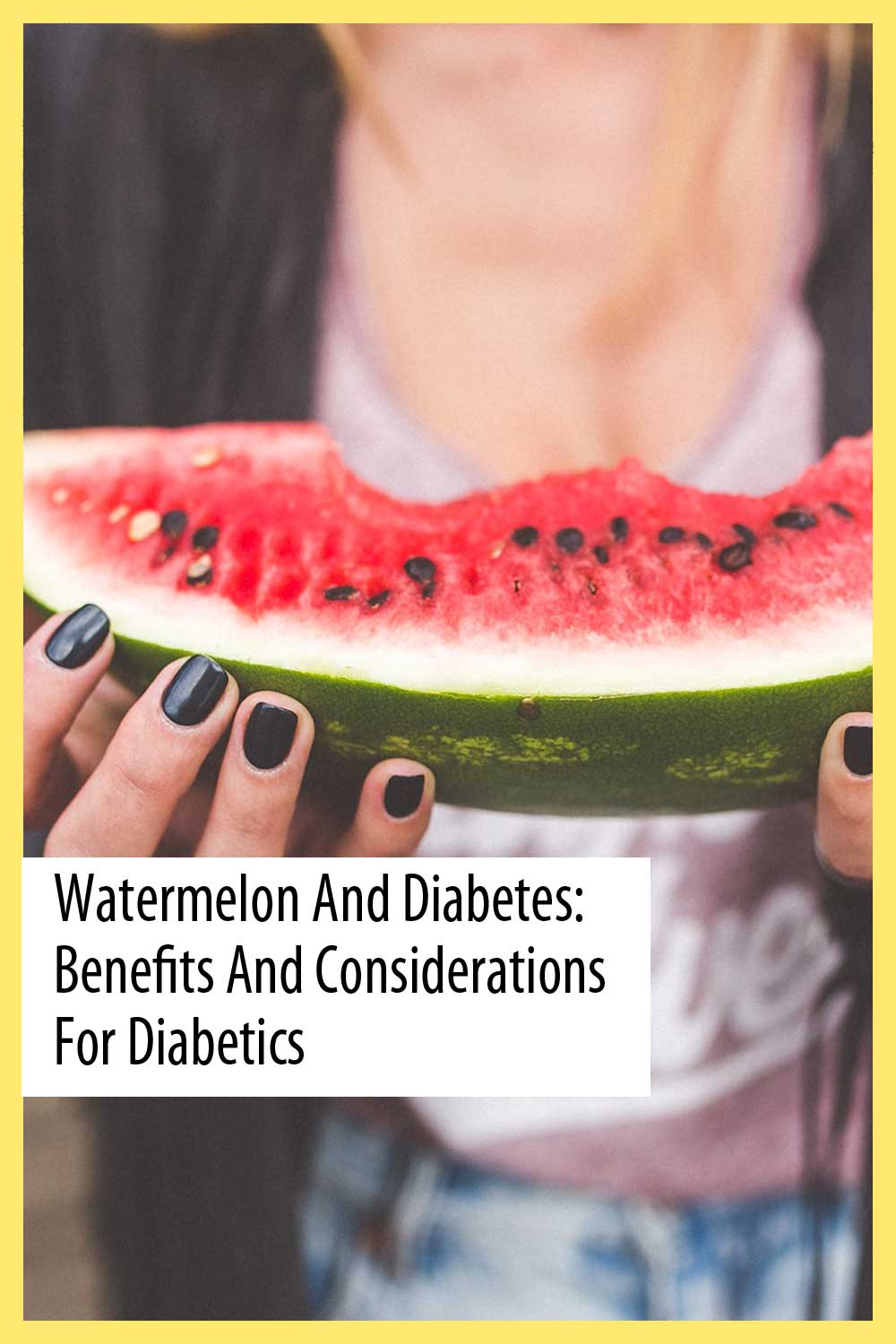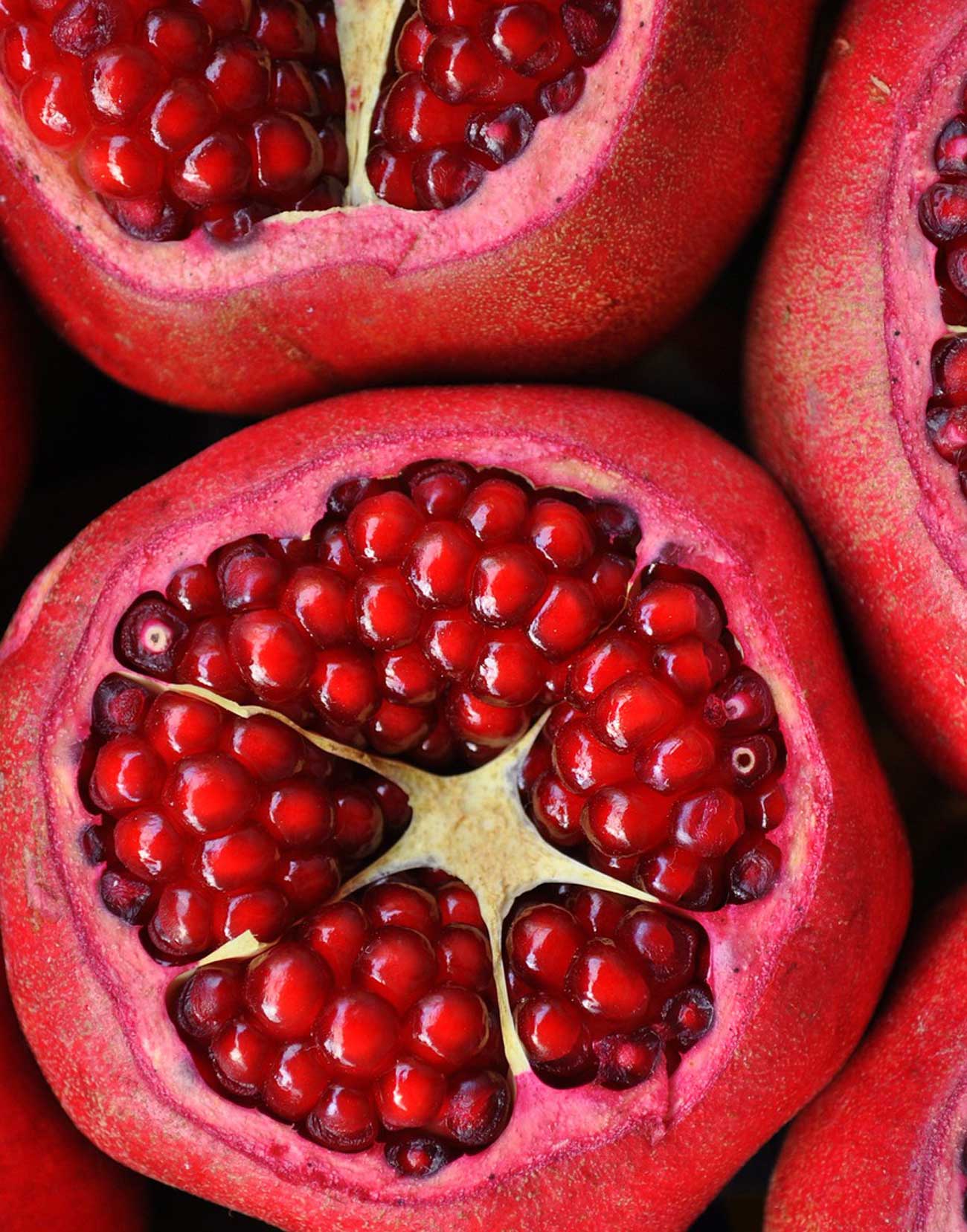
Watermelon and Diabetes: Benefits and Considerations for Diabetics
Watermelon is a popular and refreshing fruit, especially during hot summer months. However, for individuals with diabetes, the sweetness and carbohydrate content of watermelon may raise concerns about its suitability in their diet. This article aims to explore the potential benefits and considerations of consuming watermelon for people with diabetes.
Nutritional Profile of Watermelon:
Watermelon is a hydrating fruit with a high water content, making it a great choice to stay hydrated. It is also a good source of vitamins A and C, as well as antioxidants like lycopene, which may help protect cells from damage caused by free radicals.
Glycemic Impact:
One of the main concerns for diabetics is the effect of watermelon on blood sugar levels due to its natural sweetness. Watermelon has a moderate to high glycemic index (GI), which means it can cause a rapid rise in blood sugar levels. However, the glycemic load (GL) of watermelon is relatively low due to its high water content and low carbohydrate density.
Moderation is Key:
While watermelon can be included in a diabetic diet, portion control is essential. Consuming large quantities of watermelon in one sitting can lead to a significant increase in blood sugar levels. It is best to enjoy watermelon in moderation and combine it with other low-GI foods to help stabilize blood sugar levels.
Fiber Content:
Watermelon contains some dietary fiber, which can help slow down the absorption of sugar and improve blood sugar control. However, the fiber content is relatively low compared to other fruits, so it’s essential to balance watermelon consumption with fiber-rich foods like vegetables, whole grains, and legumes.
Individual Variations:
Each person’s response to watermelon can vary based on factors such as their overall diet, activity level, and medication regimen. Some individuals with diabetes may find that they can tolerate watermelon better than others. Regular monitoring of blood sugar levels can help determine how watermelon affects an individual.
Timing of Consumption:
The timing of watermelon consumption can also influence its impact on blood sugar. It is generally better to eat watermelon when blood sugar levels are stable, such as after a balanced meal. Avoid consuming watermelon on an empty stomach or right before physical activity to prevent sudden spikes in blood sugar.
Diabetes-Friendly Alternatives:
For those who have difficulty managing their blood sugar levels, there are other diabetes-friendly fruits that have lower glycemic indexes, such as berries (e.g., strawberries, blueberries, raspberries) and cherries. These fruits can be a suitable replacement for watermelon in the diet.
Conclusion:
In conclusion, watermelon can be a part of a diabetic diet when consumed in moderation and with careful attention to portion sizes. Its hydrating properties, vitamins, and antioxidants provide health benefits, but it’s essential for individuals with diabetes to be mindful of its glycemic impact. As with any dietary choices, consulting a healthcare professional or a registered dietitian can help tailor a meal plan that suits individual health needs and diabetes management goals.

Watermelon and Diabetes: Benefits and Considerations for Diabetics
Medical Advice Disclaimer
DISCLAIMER: THIS WEBSITE DOES NOT PROVIDE MEDICAL ADVICE
I am not a doctor. The information, including but not limited to, text, graphics, images and other material contained on this website are for informational purposes only. No material on this site is intended to be a substitute for professional medical advice, diagnosis or treatment. Always seek the advice of your physician or other qualified health care provider with any questions you may have regarding a medical condition or treatment and before undertaking a new health care regimen, and never disregard professional medical advice or delay in seeking it because of something you have read on this website.



